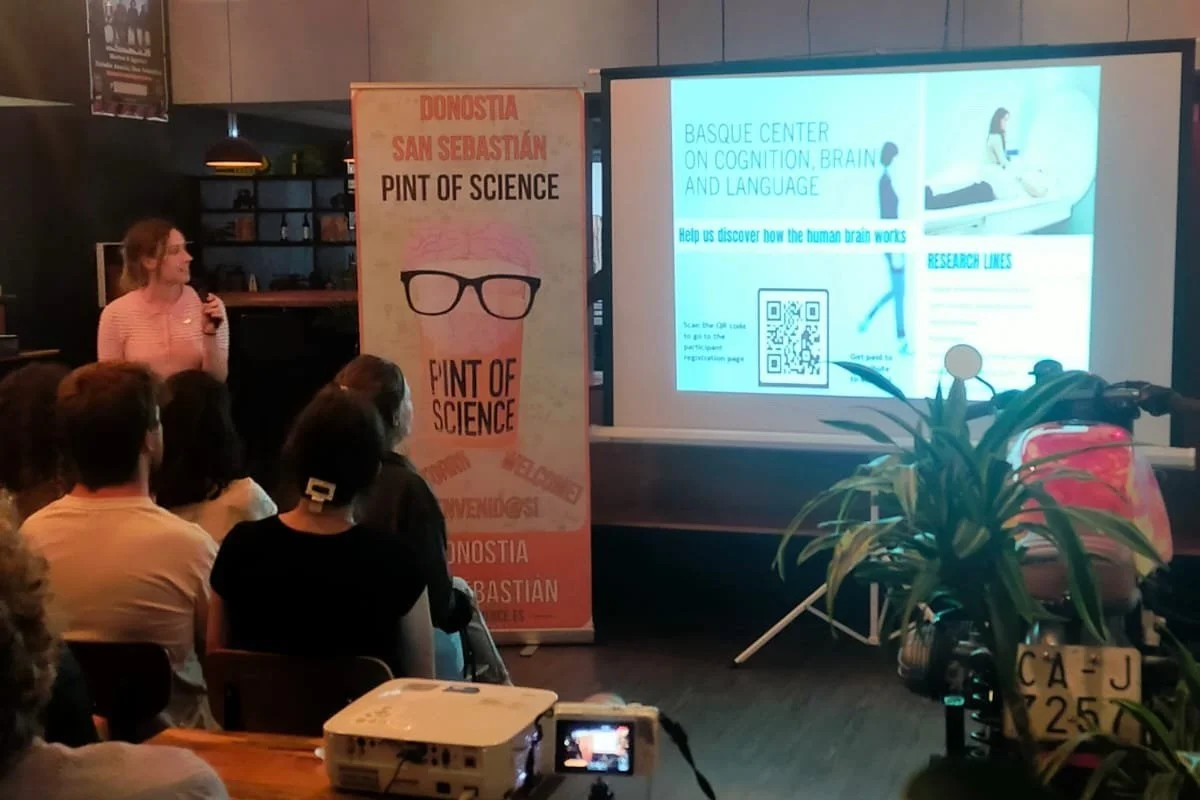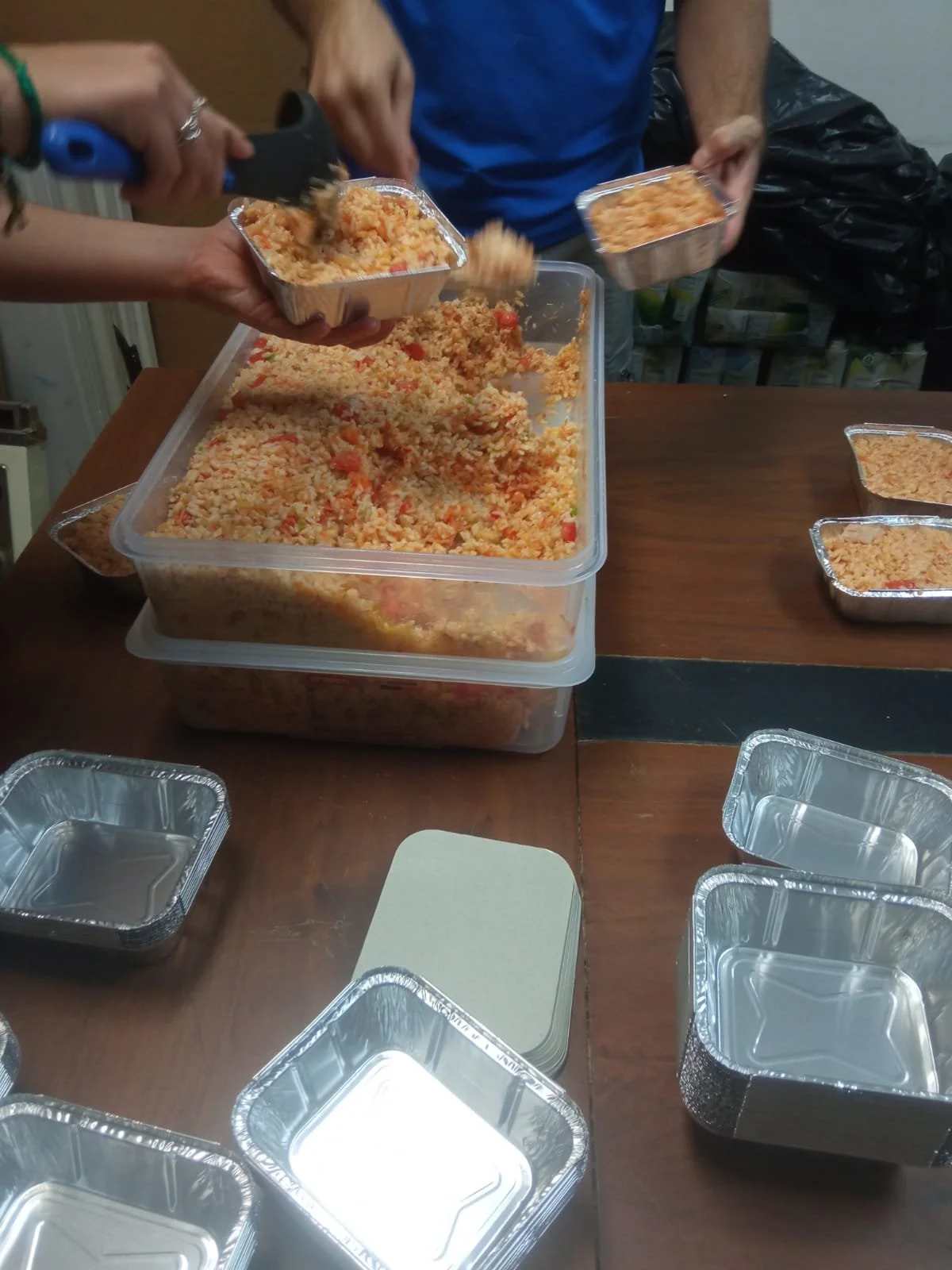📌 Quick Snapshot
🧠 Ph.D. in Cognitive Neuroscience
University of the Basque Country, Basque Center on Cognition, Brain, and Language (BCBL)
🎓 Postdoctoral Researcher
Harvard University & University of Michigan
📚 Publications in
Brain and Language, Computers in Human Behavior, AERA, and other peer-reviewed journals
🎤 Invited Talks at:
University of Michigan
Stanford University
UC Irvine
Harvard University
🗣️ Languages
Fluent in English & Spanish | Experienced in multilingual research design
✨ Focus Areas
Human-AI interaction, language development, inclusive UX, minority language support, ethical AI literacy
🌍 Location
Open to remote/global collaboration
🤝 Let’s Connect
If you're developing AI-based educational tools, working on child-centered learning design, exploring UX challenges in multilingual contexts, or building resources to support AI literacy, I’d love to explore collaboration opportunities. See my Contact page to get in touch.
I’m a cognitive neuroscientist and researcher passionate about how technology can support multilingual learners and strengthen the active use of minority languages. My work explores how people engage with AI-powered learning tools, including interactive storybooks and speech technologies, with a focus on equity, usability, and cultural relevance. I bring a background in developmental science, human-computer interaction, and bilingual education, and I’m committed to designing inclusive technologies that reflect the linguistic and cultural diversity of their users. I recently completed a postdoctoral fellowship at the Harvard Graduate School of Education, where I studied how children engage with AI-driven learning tools. I now continue as a Visiting Scholar, supporting ongoing research and exploring new opportunities at the intersection of cognitive science, multilingual learning, and educational technology.
About Me
🧠 My Research Journey
My work bridges cognitive neuroscience, child-computer interaction, and multilingual education. I began by studying how we process foreign-accented speech—what our brains do when we hear someone speak differently than expected.
During my Ph.D. at the Basque Center on Cognition, Brain, and Language (BCBL), I explored how speaker identity influences cognitive effort and comprehension. At the University of Michigan and Harvard GSE, I extended this work to examine how children interact with AI storytelling characters and speech technologies.
What began as an interest in how our conversational partners shape learning and attention has evolved into a focus on the cognitive and behavioral effects of interacting with AI. I’m particularly interested in how these interactions influence learning processes, both positively and critically. More broadly, my research asks how we speak, understand, and learn in a multilingual, increasingly tech-mediated world.
🔎 What Drives My Work
Across all my projects, I focus on designing and evaluating tools that are:
Inclusive of diverse language backgrounds
Grounded in science
Ethically designed to support families and educators
I collaborate on the development and evaluation of bilingual dialogic eBooks, STEM learning tools, and ASR systems, all with the goal of helping children learn through responsive, human-centered technologies.
🌍 A Vision for AI & Language Equity
As AI rapidly advances for dominant languages like English, there’s a real risk that heritage and minoritized languages will be sidelined. Children who use tools that don’t support their home languages may feel discouraged from maintaining them. My long-term goal is to develop AI-driven tools that actively promote minority language use. I want to help create a future where technology reflects linguistic diversity and helps all children feel seen, heard, and supported in their learning.
I’m also deeply invested in making sure that access to AI does not become a new axis of educational inequality, where some learners gain unfair advantages while others are left behind. As AI becomes increasingly embedded in learning and everyday life, I believe it's essential that people understand not only how to use these tools but also the risks of misuse, from overreliance and loss of critical thinking to the spread of misinformation. Technology should empower, not marginalize. My work aims to ensure that AI tools reflect these values.
Community Engagement
Science is for everyone! While there is no denying the importance of social media as a tool for scientific dissemination, I believe that in our often oversaturated society, a focus on local, micro-community engagement is critical. Below are some activities in my community that I am passionate about and ways to get involved. I advocate for more researchers to get involved in these kinds of community-based efforts—not just as a side project, but as a central part of what it means to do science in an inclusive, socially responsible way. If you’re organizing a local science event, working with immigrant communities, or building bilingual education programs, I’d love to connect or help however I can.
🍻 Pint of Science
Pint of Science is a global initiative that gives scientists and the public the opportunity to come together over beer and science. Come listen to Scientists present their research at local bars; admission is free, and discussion is encouraged.
🧠 Brain Awareness Week (Semana del Cerebro)
Held annually, this event is dedicated to making brain science engaging for young learners. Through interactive activities and hands-on demonstrations, we help children explore how their brains work—from perception and memory to language and emotion.
🫂 SOS Racismo & La Red de Acogida
As a foreigner living in the Basque Country, I witnessed firsthand the challenges many immigrants face when trying to build a new life in a different cultural and linguistic context. La red de Acogida works with refugees, immigrants, and other in-need and at-risk persons in Donostia. Find out how you can help here. SOS Racismo is another group dedicated to fighting racism and creating opportunities for immigrants. They regularly prepare and distribute dinners to anyone who lines up for a warm meal. Check out their incredible work and how to get involved!
🤖 Community AI Literacy
Most recently, I’ve become interested in supporting AI literacy for children and families, especially as tools like ChatGPT and voice assistants become part of everyday life. I’m exploring ways to offer hands-on workshops, tutorials, and resources that help families understand how AI works, what it can and can’t do, and how to use it responsibly. If you're developing programs or looking to collaborate on educational outreach in this area, I'd love to hear from you.





